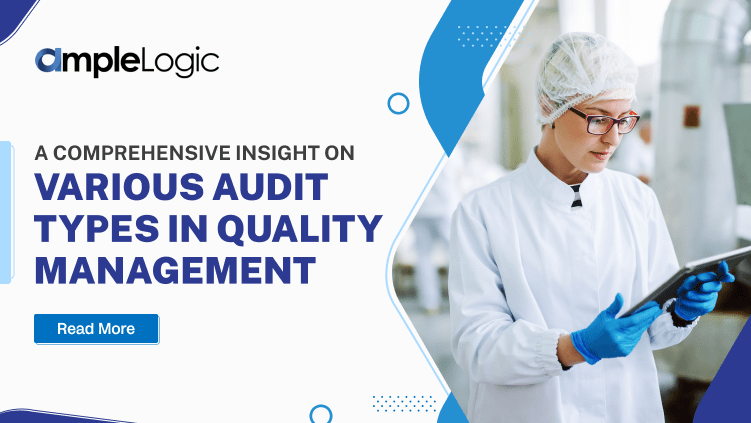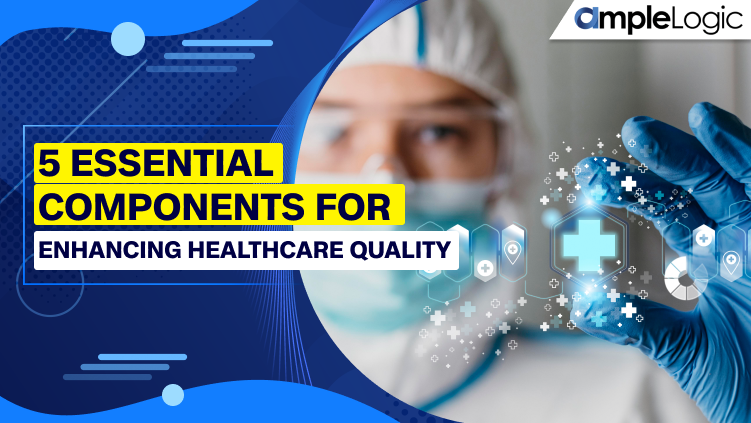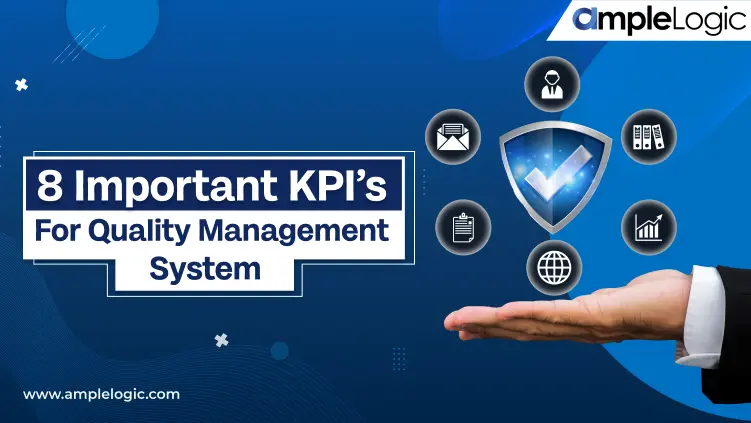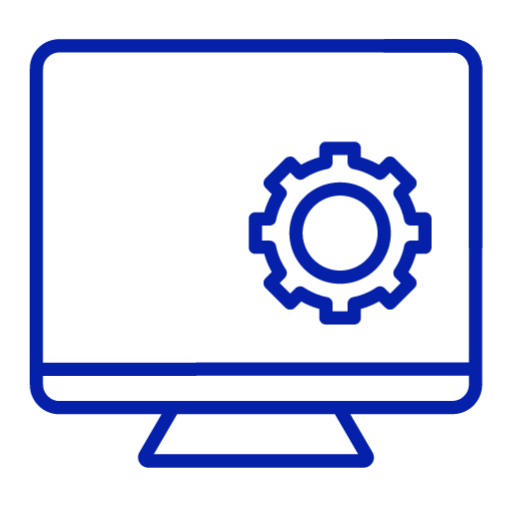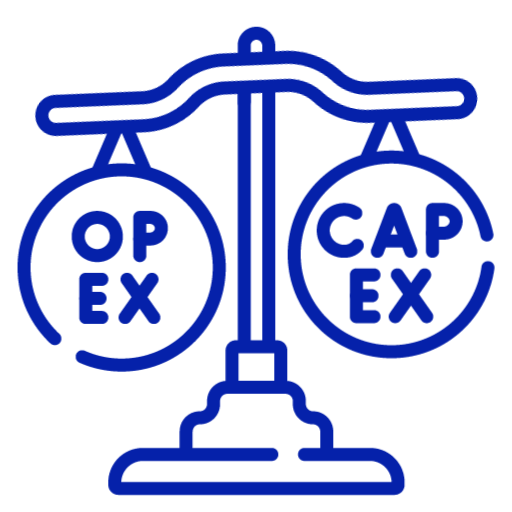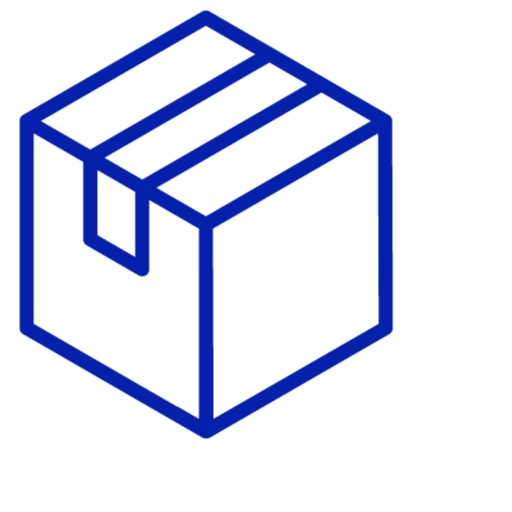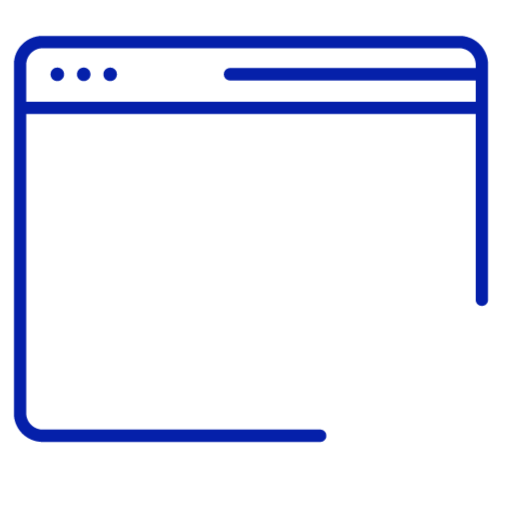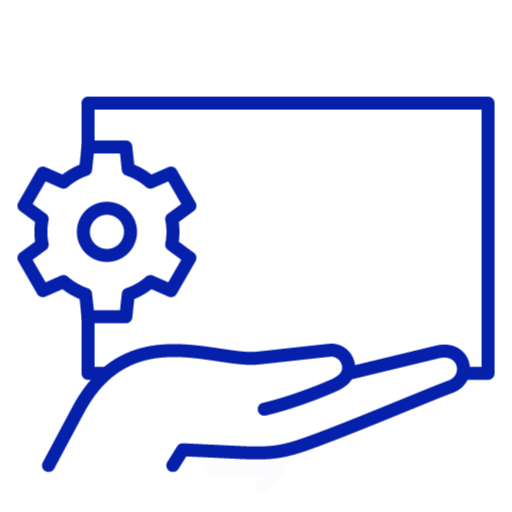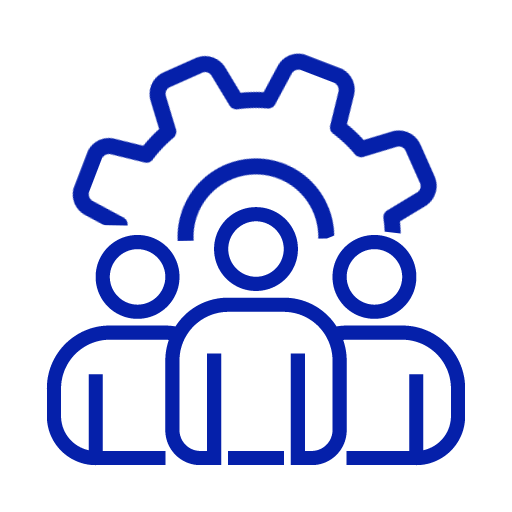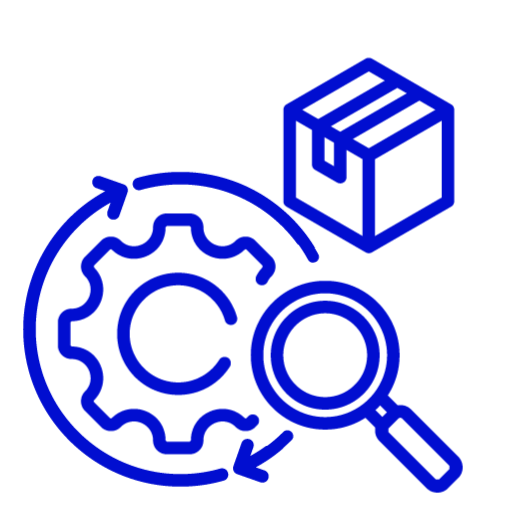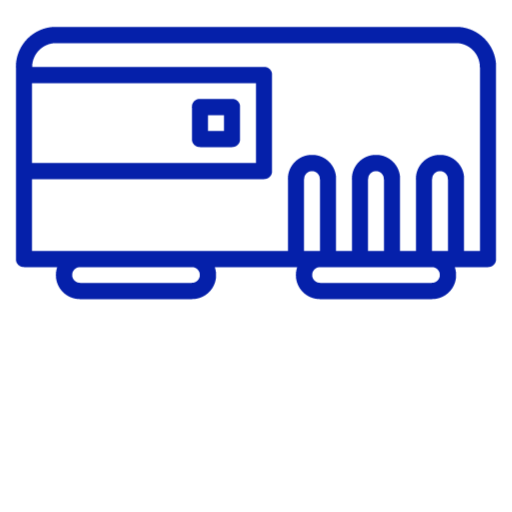
Root Cause Analysis with example for “5” Why technique
Root Cause Analysis (RCA) is a method that is used to address a problem or non-conformance in the quality process to get to the “root cause” (actual cause of origin) of the non-conformity. RCA helps to correct or eliminate the cause and prevent the problem from recurring (preventive action). Root cause analyses is aimed at improving products or processes quality and must an in systematic ways to be effective. Different Methods of doing Root Cause Analysis: Root Cause Analysis Methodology Fish bone technique The “5” Why’s technique. Barrier Analysis Change Analysis Casual Factor tree analysis Failure mode and effects analysis Pareto analysis Advantages: To identify non-conformity and the causes, so that permanent solution can be found. To develop a logical approach of problem-solving, using data that already exists in QMS (Quality Management System) To identify current and also future needs for organizational quality improvement. To establish a repeatable systematic step by step processes, in which one process can confirm the results of another with deep analysis. Challenges: Not having the ability to understand the problem and therefore not defining it correctly. Not considering all possible failure modes. Not able to identify all root causes. No proper defined solution for the non-conformity. The “5” Why technique causes mapping Non-conformity identified: Decrease in the viscosity of Vitamin D3 syrup. The “5” why technique can be expanded to 15 why or 150 why the deeper you go the more thorough analyzing takes place and reveals better solutions Contact us for more information about the AmpleLogic Quality Systems Offerings. Schedule a Free Consultation Request a Demo First NameLast NameCompany NameEmailPhone NumberDesignationCountrySelect CountryAfghanistanAland IslandsAlbaniaAlgeriaAmerican SamoaAndorraAngolaAnguillaAntarcticaAntigua and BarbudaArgentinaArmeniaArubaAustraliaAustriaAzerbaijanBahamasBahrainBangladeshBarbadosBelarusBelauBelgiumBelizeBeninBermudaBhutanBoliviaBonaire, Saint Eustatius and SabaBosnia and HerzegovinaBotswanaBouvet IslandBrazilBritish Indian Ocean TerritoryBritish Virgin IslandsBruneiBulgariaBurkina FasoBurundiCambodiaCameroonCanadaCape VerdeCayman IslandsCentral African RepublicChadChileChinaChristmas IslandCocos (Keeling) IslandsColombiaComorosCook IslandsCosta RicaCroatiaCubaCuraçaoCyprusCzech RepublicDemocratic Republic of the Congo (Kinshasa)DenmarkDjiboutiDominicaDominican RepublicEcuadorEgyptEl SalvadorEquatorial GuineaEritreaEstoniaEthiopiaFalkland IslandsFaroe IslandsFijiFinlandFranceFrench GuianaFrench PolynesiaFrench Southern TerritoriesGabonGambiaGeorgiaGermanyGhanaGibraltarGreeceGreenlandGrenadaGuadeloupeGuamGuatemalaGuernseyGuineaGuinea-BissauGuyanaHaitiHeard Island and McDonald IslandsHondurasHong KongHungaryIcelandIndiaIndonesiaIranIraqIrelandIsle of ManIsraelItalyIvory CoastJamaicaJapanJerseyJordanKazakhstanKenyaKiribatiKosovoKuwaitKyrgyzstanLaosLatviaLebanonLesothoLiberiaLibyaLiechtensteinLithuaniaLuxembourgMacao S.A.R., ChinaMacedoniaMadagascarMalawiMalaysiaMaldivesMaliMaltaMarshall IslandsMartiniqueMauritaniaMauritiusMayotteMexicoMicronesiaMoldovaMonacoMongoliaMontenegroMontserratMoroccoMozambiqueMyanmarNamibiaNauruNepalNetherlandsNew CaledoniaNew ZealandNicaraguaNigerNigeriaNiueNorfolk IslandNorth KoreaNorthern Mariana IslandsNorwayOmanPakistanPalestinian TerritoryPanamaPapua New GuineaParaguayPeruPhilippinesPitcairnPolandPortugalPuerto RicoQatarRepublic of the Congo (Brazzaville)ReunionRomaniaRussiaRwandaSaint BarthélemySaint HelenaSaint Kitts and NevisSaint LuciaSaint Martin (Dutch part)Saint Martin (French part)Saint Pierre and MiquelonSaint Vincent and the GrenadinesSamoaSan MarinoSao Tome and PrincipeSaudi ArabiaSenegalSerbiaSeychellesSierra LeoneSingaporeSlovakiaSloveniaSolomon IslandsSomaliaSouth AfricaSouth Georgia/Sandwich IslandsSouth KoreaSouth SudanSpainSri LankaSudanSurinameSvalbard and Jan MayenSwazilandSwedenSwitzerlandSyriaTaiwanTajikistanTanzaniaThailandTimor-LesteTogoTokelauTongaTrinidad and TobagoTunisiaTurkeyTurkmenistanTurks and Caicos IslandsTuvaluUgandaUkraineUnited Arab EmiratesUnited Kingdom (UK)United States (US)United States (US) Minor Outlying IslandsUnited States (US) Virgin IslandsUruguayUzbekistanVanuatuVaticanVenezuelaVietnamWallis and FutunaWestern SaharaYemenZambiaZimbabweWhere you heard about us?– Select –Google SearchLinkedInReferralWord of MouthLinkedIn AdsMediumRequirementGet in touch





